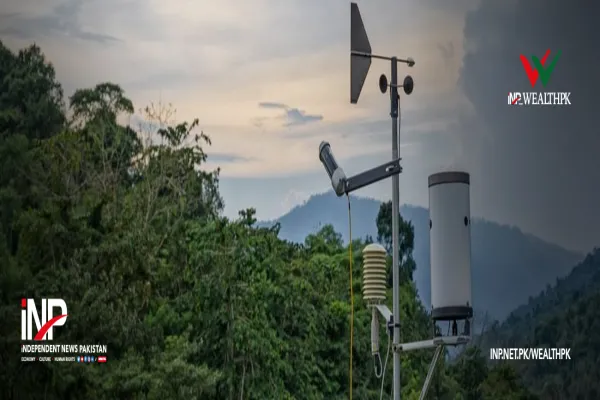i INP-WEALTHPK
Qudsia Bano
Industry experts hailed the Virtual Assets Bill 2025 but cautioned that while the legislation aims to regulate digital assets and promote innovation, it lacks adequate measures for consumer protection and clear institutional coordination, reports Wealth Pakistan.

According to the experts, the bill’s intent to establish Pakistan Virtual Asset Regulatory Authority (PVARA) is a step in the right direction, but several provisions require further refinement to ensure transparency, accountability, and confidence among the users. Farhan Qureshi, Financial Advisor at Fintech Association of Pakistan, said the proposed framework must prioritize consumer safeguards before encouraging large-scale adoption.
“Without well-defined protection for small investors, digital assets could become another high-risk area vulnerable to fraud and speculative manipulation,” he said. Qureshi added that a clear dispute resolution mechanism and strong penalties for non-compliant service providers are critical to preventing abuse.
Similarly, Samina Kamran, Senior Research Associate at Pakistan Institute of Development Economics (PIDE), pointed out that the bill lacks clarity on how responsibilities will be divided between State Bank of Pakistan, Securities and Exchange Commission of Pakistan (SECP), and the proposed PVARA.
“Regulatory overlaps can lead to confusion, delay decision-making, and discourage legitimate businesses from entering the market,” she noted. She suggested that the government should publish detailed operational guidelines before the enforcement of the law to avoid future ambiguity.
The Virtual Assets Bill 2025 seeks to introduce a licensing regime for virtual asset service providers and align Pakistan’s financial regulations with global anti–money laundering standards. It also aims to create a compliant environment for innovation in blockchain and digital payments, especially among young entrepreneurs. However, experts cautioned that excessive compliance costs or unclear legal boundaries could push smaller firms out of the market, limiting competition.
Qureshi stressed that Pakistan’s digital asset activity has grown rapidly in recent years despite regulatory uncertainty. Reports indicate that millions of Pakistanis engage in crypto trading and related blockchain projects through informal channels. He believes bringing this activity under a formal framework could help enhance tax collection, improve transparency, and protect the users from unregulated schemes.
The experts also emphasized that the bill should address cybersecurity and data privacy concerns. With growing incidents of online scams and hacking attempts, they said Pakistan’s legal system must define liability in cases where exchanges or intermediaries fail to secure the users’ assets.
While the government sees the bill as an opportunity to attract foreign investment and integrate Pakistan into the global digital finance ecosystem, experts warned that innovation must be matched with strong consumer protection. They believe public consultations with fintech firms, legal experts, and consumer rights groups will be essential to shaping a law that not only supports the growth of digital assets but also shields ordinary citizens from their potential risks.
Credit: INP-WealthPk









